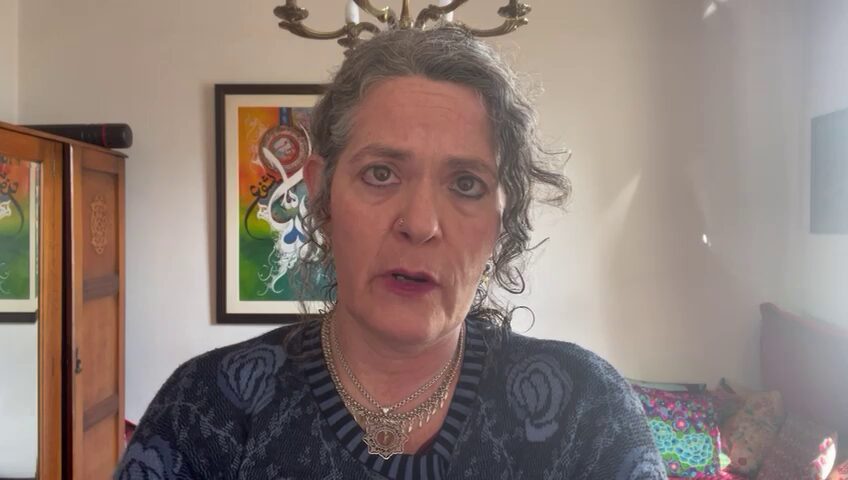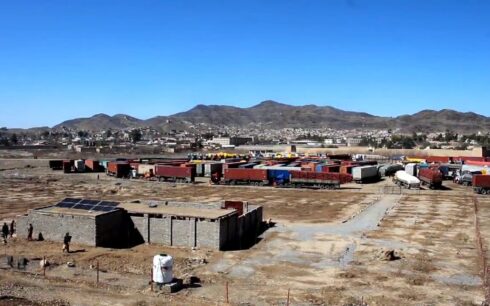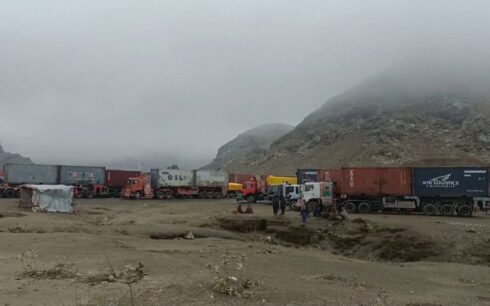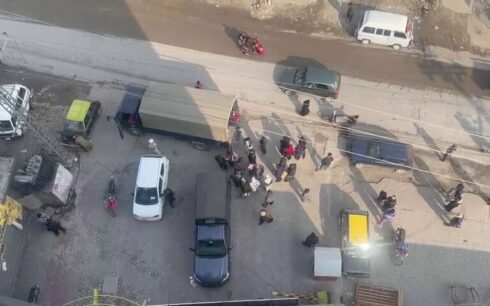The Taliban’s decision to bar U.N. Special Rapporteur Richard Bennett from entering Afghanistan is a stark indication of their escalating crackdown on human rights, particularly those of women and girls, Heather Barr, Associate Director at Human Rights Watch, told Amu TV.
“This move by the Taliban is yet another sign of how their repression is deepening, and it coincides suspiciously with the recent Doha 3 meeting,” Barr remarked. She criticized the Taliban’s actions as an attempt to silence those who expose the reality of their abuses, emphasizing that the exclusion of Bennett is part of a broader strategy to quash dissent and evade accountability.
Barr also highlighted the troubling signals sent by the international community at the Doha 3 meeting. “What the Taliban saw at Doha 3 is a U.N. that is divided, with some parts committed to human rights while others seem willing to make compromises that only empower the Taliban,” she said. The decision to exclude Afghan women from the meeting and avoid formal discussions on the human rights crisis was, according to Barr, a serious misstep that emboldened the Taliban.
“This is a deepening crisis, and the international response is wildly unacceptable,” Barr warned, calling the barring of Bennett a critical test of the global community’s resolve to address the worsening situation in Afghanistan. She noted that while the international community has failed similar tests in recent years, this moment presents an opportunity to correct course and take stronger action.
Despite the Taliban’s efforts to shut out human rights monitors, Barr stressed that their work would continue. “Richard Bennett’s work, and that of other human rights advocates, will not end because of this ban. There are many ways to document human rights violations remotely, and that work will only intensify as Taliban abuses continue to worsen,” she affirmed.
More than three years after the Taliban’s return to power following the withdrawal of U.S. and NATO forces, the regime remains internationally isolated. No foreign government has recognized the Taliban’s authority, and the international community continues to condition recognition on significant policy changes, particularly concerning the rights of women and girls.
Meanwhile, Afghanistan’s central bank assets remain frozen, and senior Taliban officials are subject to U.N. travel restrictions. Efforts to form a unified international approach to engaging with the Taliban have seen limited progress. A recent meeting in Qatar, which brought together top U.N. officials and representatives from 25 countries, was criticized for excluding Afghan women and civil society voices.
The U.N. mission in Kabul continues to monitor and report on the human rights situation in the country, facing significant challenges in accessing and delivering accurate information amidst the Taliban’s ongoing crackdown.





